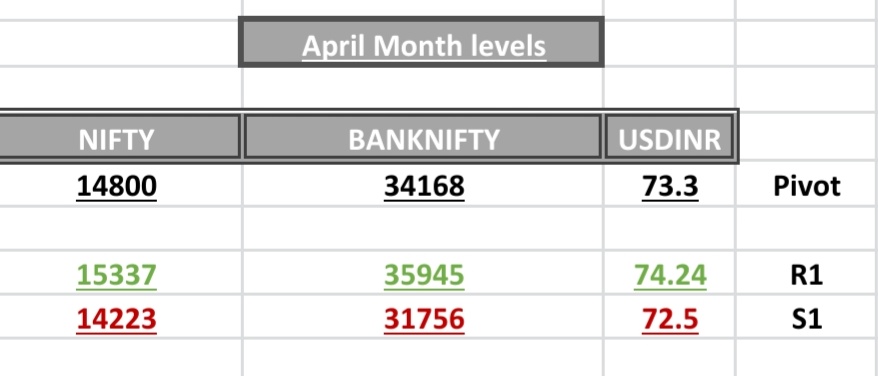10 Signs of Social Intelligence 🧠
1-Smile
2-Good posture
3-Strong eye contact
4-Fluid hand gestures
5-Let’s others talk more
6-Listens & relates
7-Comfortable Touching people
8-Walk with a swagger
9-Speaks at slower pace
10-Keeps calm under criticism
[ QUICK THREAD ]
1-Smile
How do you feel when you see someone that looks angry?
It’s a downer
No one will want to interact with you if you look pissed all of the time, it’s just negative energy
Plus, smiling is a sign of confidence and boosts others moods
2-Good posture
Don’t walk Into any social setting looking like the hunchback
It’s weak and makes you look low energy
Plus, you’re displaying low status with weak posture
Stand up straight with your chin up & chest out like a god
Walk like you’re proud of yourself
3- Strong eye contact
Ever shake someone’s hand & their eyes are either looking down or darting?
It’s weak & you probably won’t trust them
Or in conversation?
Eye contact while talking means you’re listening and paying *Attention*
Strong eye contact displays confidence
4-Fluid hand gestures
Use your hands to talk & express your points
Don’t stand there like a robot
Using the hands can make what you’re talking about exciting
It can also be used to emphasize
Exciting = positive emotion
Remember, making people FEEL is what’s important



















